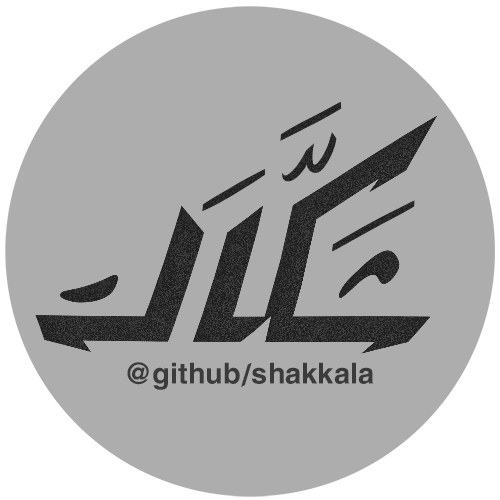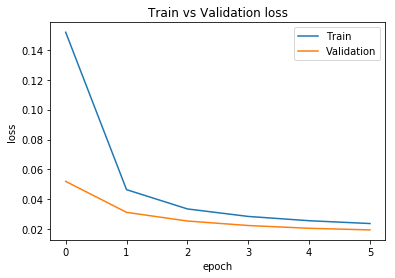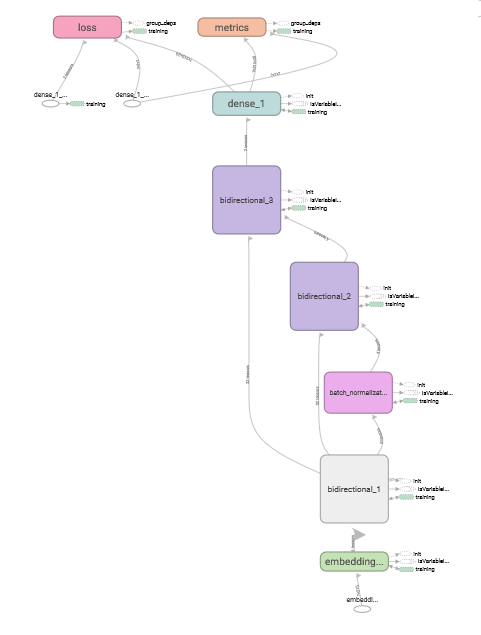Shakkala project use recurrent neural network for Arabic text vocalization to automatically form Arabic characters (تشكيل الحروف) which can be used to enhance text-to-speech systems.
This model can be used in many applications such as enhance text-to-speech systems or search results.
Execute following commands:
cd requirements
pip install -r requirements.txt
Check full example in (demo.py) file.
- Create Shakkala object
sh = Shakkala(folder_location, version={version_num})
- Prepare input
input_int = sh.prepare_input(input_text)
- Call the neural network
model, graph = sh.get_model()
with graph.as_default():
logits = model.predict(input_int)[0]
- Predict output
predicted_harakat = sh.logits_to_text(logits)
final_output = sh.get_final_text(input_text, predicted_harakat)
Available models:
- version_num=1: First test of the solution.
- version_num=2: Main release version.
- version_num=3: Some enhancements from version number 2.
It worth to try both version_num=2 and version_num=3.
In this beta version 2 accuracy reached up to 95% and in some data it reach more based on complexity and data disribution.
This beta version trained on more than million sentences with majority of historical Arabic data from books and some of available formed modern data in the internet.
For live demo based on Shakkala library click the link
| Real output | Predicted output |
|---|---|
| فَإِنْ لَمْ يَكُونَا كَذَلِكَ أَتَى بِمَا يَقْتَضِيهِ الْحَالُ وَهَذَا أَوْلَى | فَإِنْ لَمْ يَكُونَا كَذَلِكَ أَتَى بِمَا يَقْتَضِيهِ الْحَالُ وَهَذَا أَوْلَى |
| قَالَ الْإِسْنَوِيُّ وَسَوَاءٌ فِيمَا قَالُوهُ مَاتَ فِي حَيَاةِ أَبَوَيْهِ أَمْ لَا | قَالَ الْإِسْنَوِيُّ وَسَوَاءٌ فِيمَا قَالُوهُ مَاتَ فِي حَيَاةِ أَبَوَيْهِ أَمْ لَا |
| طَابِعَةٌ ثُلَاثِيَّةُ الْأَبْعَاد | طَابِعَةٌ ثَلَاثِيَّةُ الْأَبْعَادِ |
The model can be enhanced to reach more than 95% accuracy with following:
- Availability of more formed modern data to train the network. (because current version trained with mostly available historical Arabic data and some modern data)
- Stack different models
For academic work use
Shakkala, Arabic text vocalization, Barqawi & Zerrouki
OR bibtex format
@misc{
title={Shakkala, Arabic text vocalization},
author={Barqawi, Zerrouki},
url={https://github.com/Barqawiz/Shakkala},
year={2017}
}
- Ahmad Barqawi: Neural Network Developer.
- Taha Zerrouki: Mentor Data and Results.
- Zaid Farekh & propellerinc.me: Provide infrastructure and consultation support.
- Mohammad Issam Aklik: Artist.
- Brahim Sidi: Form new sentences.
- Fadi Bakoura: Aggregate online content.
- Ola Ghanem: Testing.
- Ali Hamdi Ali Fadel: Contribute code.
Free to use and distribute only mention the original project name Shakkala as base model.
The MIT License (MIT)
Copyright (c) 2017 Shakkala Project
Permission is hereby granted, free of charge, to any person obtaining a copy of this software and associated documentation files (the "Software"), to deal in the Software without restriction, including without limitation the rights to use, copy, modify, merge, publish, distribute, sublicense, and/or sell copies of the Software, and to permit persons to whom the Software is furnished to do so, subject to the following conditions:
The above copyright notice and this permission notice shall be included in all copies or substantial portions of the Software.


